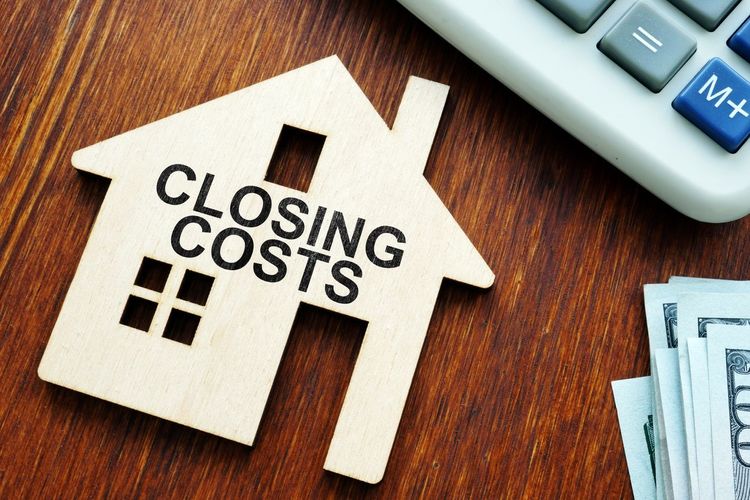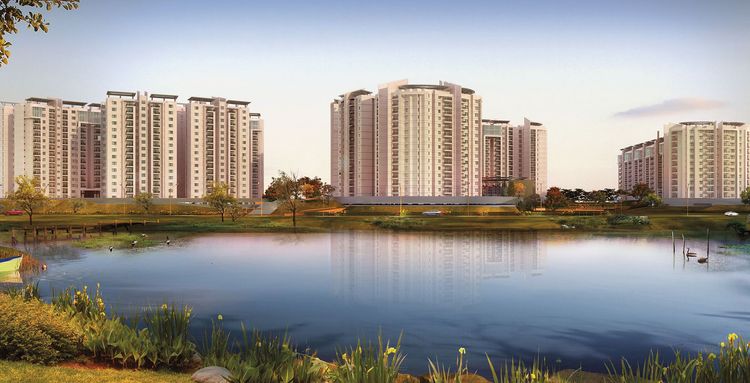You might have come across the term closing cost when you speak about home buying to your friends, family members, and even your realtor. If you aren’t still unaware of this, closing costs are the costs that are over and above what you pay to the seller when you are closing the deal. These involve a lot of factors and could go up to 10% of the value of your home.
When embarking on the journey to purchase your dream home, it's easy to get swept up in the excitement of finding the perfect property. However, it's essential to remember that the purchase price you agree upon is just one piece of the financial puzzle. Closing costs are another important aspect of the home-buying process that can significantly impact your budget. In this article, we'll demystify closing costs, helping you understand what they are, why they're essential, and how to manage them effectively.
What Are Closing Costs?
Closing costs refer to the various fees and expenses that home buyers are responsible for paying at the closing of a real estate transaction. These costs cover a range of services and processes that occur during the final stages of the home purchase, ensuring a smooth and legal transfer of the property from the seller to the buyer.
Stamp duty, registration fees, GST
Stamp duty value means the value adopted or assessed or assessable by any authority of a State Government for payment of stamp duty. This authenticates the sale agreement and acts as evidence of a sale or purchase of a property. In Karnataka, the upper band of Stamp duty is 5% ( for properties above INR 45 lakhs) and the Registration fees is an additional 1% of the transaction value. The Stamp duty varies from state to state.
Registration is the full and final legal agreement between the buyer and seller indicating the change of ownership and the court charges a registration fee for it, which is generally 1-2%.
The GST on the under-construction property is 5% while the affordable housing projects attract only 1%. Affordable property is defined as a house whose value is less than 45 lakh and the area is less than 60 square meters in the metropolis and 90 square meters in other locations. There is no GST on ready-to-move properties or on those projects which have got the completion certificate.
Maintenance Charges
Builders typically charge a maintenance deposit for up to 2 years. This includes the amenities provided by the builder and sometimes may include the deposit for a clubhouse. This fee does not involve parking costs, hence you are charged separately for parking.
Professional fees
The fees are to be paid to your real estate agent or property consultant, or attorney if you have hired any. This amount is usually a predetermined percentage and varies from person to person.
Title Search and Property Insurance
A title search is an examination of public records to determine and confirm a property’s legal ownership and find out what claims, if any, exist on the property. If there are any claims, they may need to be resolved before the buyer gets the property.
Property insurance covers against possible risks to your house, including fire and theft.
Conclusion
In conclusion, understanding and managing closing costs is a crucial aspect of the home-buying process. By familiarizing yourself with the components of closing costs, working closely with experienced professionals, and planning your finances effectively, you can ensure a smooth and successful closing on your new home. Keep in mind that being prepared and informed can go a long way in making your home purchase a satisfying and financially sound experience.
There are a lot more factors that come along with closing the deal. Visit Propsoch for to speak to experts who can help you arrive at the closing costs for any home you are considering.







